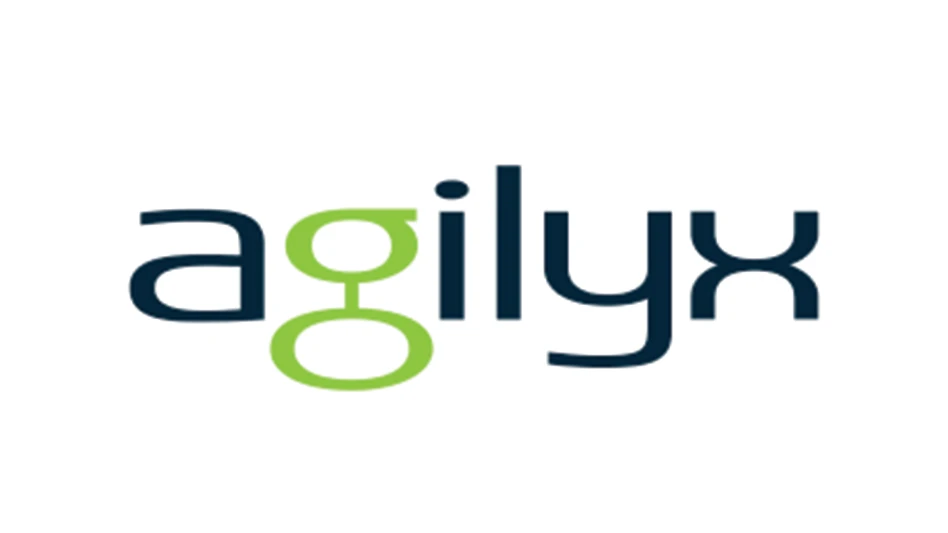 A new recycling law that could allow German municipalities to take over the collection of recyclables from private recycling and waste management companies is a source of concern for many recyclers in that country. Expected to take effect June 1, 2012, if fully implemented, recyclers fear the law could put many small and mid-sized recycling companies out of business. Several private recycling companies say the German law could steer recyclables away from the traditional recycling infrastructure toward incineration as an alternative disposal method for municipalities. As a result, according to critics of the law, the country’s recycling rate would not grow beyond its current level.
A new recycling law that could allow German municipalities to take over the collection of recyclables from private recycling and waste management companies is a source of concern for many recyclers in that country. Expected to take effect June 1, 2012, if fully implemented, recyclers fear the law could put many small and mid-sized recycling companies out of business. Several private recycling companies say the German law could steer recyclables away from the traditional recycling infrastructure toward incineration as an alternative disposal method for municipalities. As a result, according to critics of the law, the country’s recycling rate would not grow beyond its current level.
Controlling the Flow
The German law, Kreislaufwirtschaftsgesetz (KrWG), the German Life-Cycle Resource Management Act, appears to be similar in many ways to “flow control” legislation in the United States, which has roiled the waste management and recycling companies in this country during the past decade. The legislation would allow municipalities in Germany to take control of recyclables generated by households. Private recycling firms would need to rely on the “goodwill” of the municipalities to continue to handle the material, one German recycler says.
Under the law, more recyclables could be incinerated by municipally owned entities. The Federation of German Waste, Water and Raw Materials Business Association (BDE) claims the law could reclassify more than 80 percent of German waste incinerators as recycling facilities.
BDE, which has nearly 750 member companies in Germany, says it is the largest advocacy group for the private waste management and recycling industry in that country. The association has filed a complaint with the European Commission, claiming the German law was originally intended to foster competition for municipally generated recyclables recovered from solid waste but in effect hands public waste disposal carriers a virtual monopoly.
The BDE’s complaint was directed to Bundestag, Germany’s national parliament, and the Bundesrat, one of five constitutional bodies in Germany, which passed legislation in February 2012 that could shift the role of municipalities in regard to recycling.
In their complaints, the BDE and the Federation of German Steel Recyclers and Waste Management Companies (BVSE), a German association of recycling companies, say the new law is a direct violation of the European Union’s Waste Framework Directive and the Waste Shipment Regulation. The framework specifies the following waste management hierarchy: prevention, preparing for reuse, recycling, energy recovery and finally disposal.
“We are confident that we will have success with our complaints in Brussels,” BDE President Peter Kurth says.
BDE says the German law essentially combines incineration (step four in the waste hierarchy) with preparation for reuse and recycling (steps two and three in the hierarchy).
In its complaint, the BDE adds that the law also could result in restraining the free movement of recyclables in Germany. By controlling access to recyclables collected within the country’s municipalities and the associated restrictions on the material collected, the government has limited the private sector’s ability to provide services, the BDE alleges.
Michael Schneider, a spokesman for the German recycling company Remondis, says that if the law goes into effect as it is now written, municipalities could “cherry pick” the most valuable recyclables while leaving the more challenging material for recyclers to handle. However, Schneider acknowledges that municipalities often make the same claim against the private recycling industry.
“It basically boils down to who will be responsible for collecting and processing of the recyclables,” he says.
Schneider claims as of June 1, 2012, a municipality can stop commercial collection of waste and recyclables, regardless of whether the recycling company has a contract with the generator. “As a recycler, you end up holding out hope that the goodwill of the municipality will allow a company to continue the account,” Schneider says.
The new law grants municipalities exclusive access to recyclables collected from households, giving the public sector the potential to create a monopoly, critics say. Private sector recyclers would have access to the recyclables at the discretion of the public waste management authorities.
Schneider adds that the law could inhibit growth in Germany’s recycling rate, which presently stands at approximately 65 percent.
Along with BVSE and BDE, the Association of German Metal Traders (VDM) also filed a complaint against KrWG. These associations say the law violates the design of commercial collection and would make it difficult for smaller recycling companies to remain competitive. Through the law firm Koehler & Velcro, these associations claim many smaller collectors could be driven out of business if municipalities claim to control the recycling stream. In a letter to the European Commission, BVSE and BDE called for changes to the act.
All things being unequal
As the enactment of the law neared, a number of German waste and recycling executives discussed associated challenges and concerns with KrWG during the recent IFAT Entsorga show in Munich.
In a roundtable discussion on the subject, Günter Verheugen, EU industry commissioner and former vice president of the European Commission, said KrWG runs contrary to European law. The KrWG, he said, violates the European Waste Framework Directive by putting incineration and recycling on the same level.
In addition, Verheugen said the German law grants municipalities the right to take recyclables from the private sector, even if the service being provided by private industry is less expensive. Public control of the waste and recycling stream, he said, would result in poor service and high prices.
“I warn communities about speculating in commodities, which are more volatile than the Dow,” Verheugen added.
Sponsored Content
Labor that Works
With 25 years of experience, Leadpoint delivers cost-effective workforce solutions tailored to your needs. We handle the recruiting, hiring, training, and onboarding to deliver stable, productive, and safety-focused teams. Our commitment to safety and quality ensures peace of mind with a reliable workforce that helps you achieve your goals.
Sponsored Content
Labor that Works
With 25 years of experience, Leadpoint delivers cost-effective workforce solutions tailored to your needs. We handle the recruiting, hiring, training, and onboarding to deliver stable, productive, and safety-focused teams. Our commitment to safety and quality ensures peace of mind with a reliable workforce that helps you achieve your goals.
Sponsored Content
Labor that Works
With 25 years of experience, Leadpoint delivers cost-effective workforce solutions tailored to your needs. We handle the recruiting, hiring, training, and onboarding to deliver stable, productive, and safety-focused teams. Our commitment to safety and quality ensures peace of mind with a reliable workforce that helps you achieve your goals.
Sponsored Content
Labor that Works
With 25 years of experience, Leadpoint delivers cost-effective workforce solutions tailored to your needs. We handle the recruiting, hiring, training, and onboarding to deliver stable, productive, and safety-focused teams. Our commitment to safety and quality ensures peace of mind with a reliable workforce that helps you achieve your goals.
Sponsored Content
Labor that Works
With 25 years of experience, Leadpoint delivers cost-effective workforce solutions tailored to your needs. We handle the recruiting, hiring, training, and onboarding to deliver stable, productive, and safety-focused teams. Our commitment to safety and quality ensures peace of mind with a reliable workforce that helps you achieve your goals.
Also speaking at the IFAT roundtable was Thorsten Grenz, CEO of Veolia Umweltservice Germany. “A municipal monopoly leads to poor service, high prices and less progress in recycling under the pressure of local interests,” Grenz said. “It leads to the absurd situation that the community can arbitrarily change their price and then burn secondary resources in inefficient incinerators.”
More supportive of the legislation is the German Association of Local Utilities (VKU), which represents more than 1,400 public utilities in Germany. In a statement, the VKU welcomes the decision. “The law prohibits the cherry-picking by private sector companies, and the community has a strong role in waste management,” Hans-Joachim Reck, VKU CEO, says.
“The recycling act is, in the form in which Bundestag and Bundesrat approved, compatible with European law. The complaint by a private waste management association we see with equanimity,” Reck says.
He says the law does not imply that private waste disposal companies are excluded from the market. “The municipalities awarded about 60 percent of the waste management services to private, mostly medium-sized enterprises, especially those protected by the new regulations,” Reck says.
Meanwhile, he says, the quality of the material and service will remain the same. “The waste is still disposed of reliably,” Reck says. “We in Germany have the highest recycling figures in the EU, thanks to the local citizens’ separate collection boosting recycling quotas.”
The author is senior editor of Recycling Today and can be contacted at dsandoval@gie.net.
Get curated news on YOUR industry.
Enter your email to receive our newsletters.

Explore the June 2012 Issue
Check out more from this issue and find your next story to read.
Latest from Recycling Today
- Hyundai says it will make steel in the US
- APR announces Recycling Leadership Award winners
- Glass Half Full opens glass recycling facility in Louisiana
- AmpUp partners with Roundtrip EV
- Global Recycling Day event supports Pittsburgh school's recycling efforts
- President signs executive order on critical minerals
- Registration opens for Scrap Expo 2025
- Toyota opens ‘circular factory’ in UK






